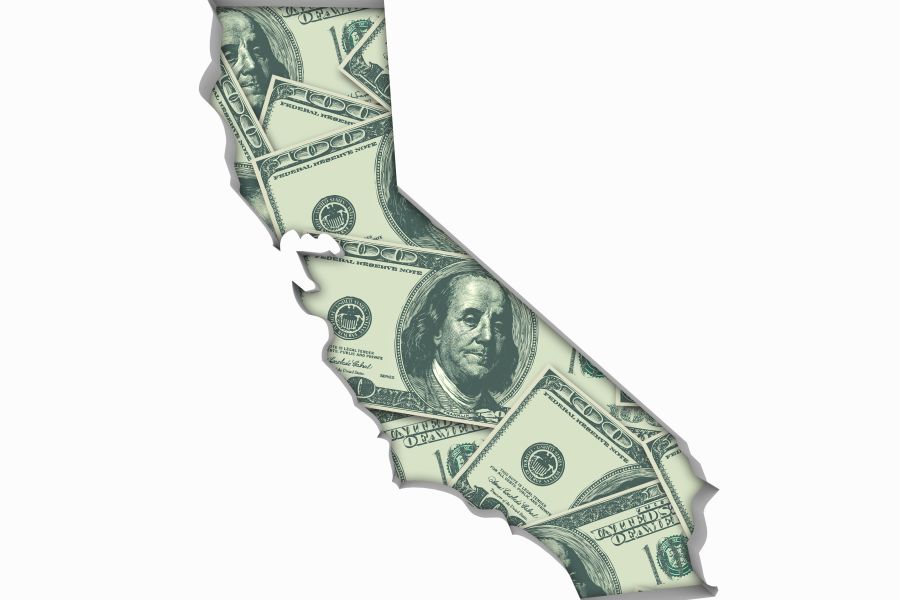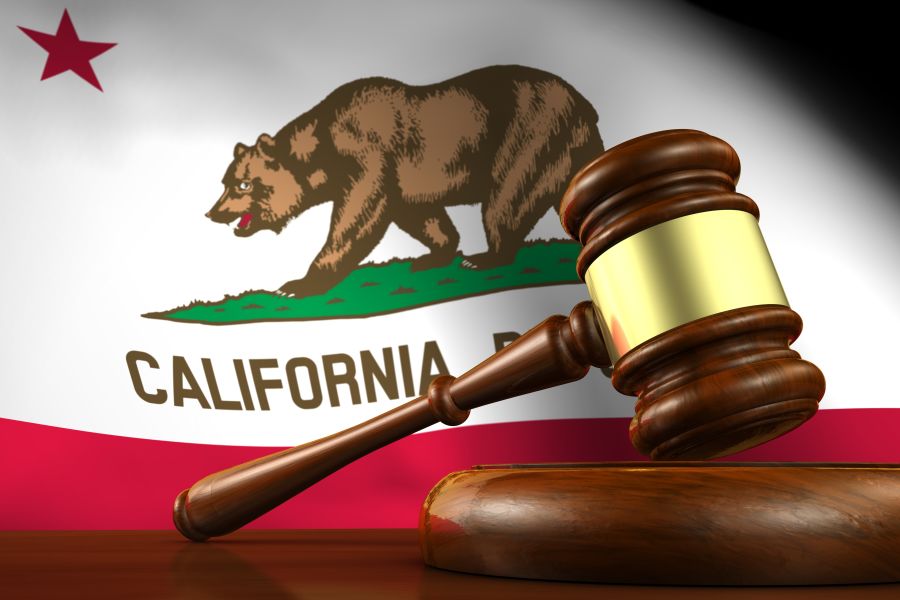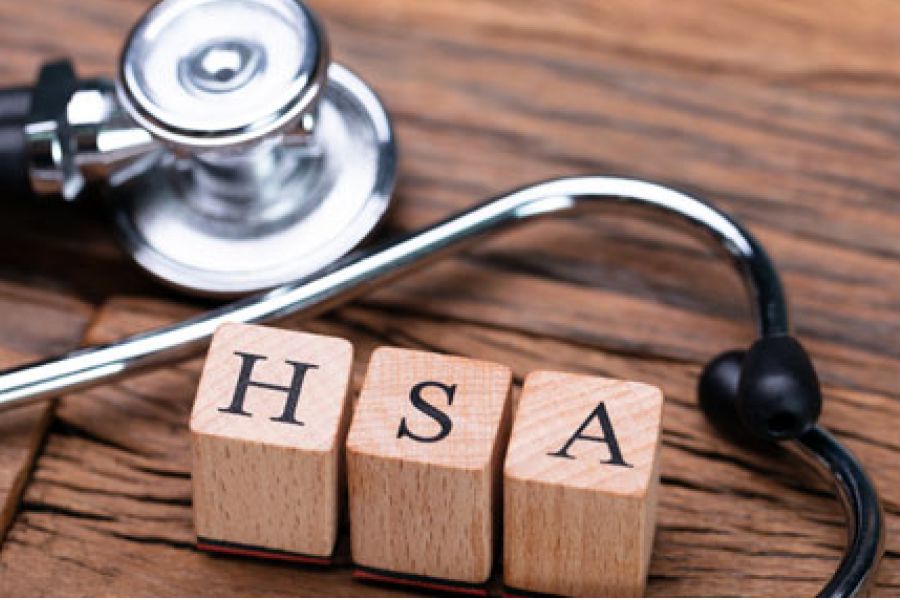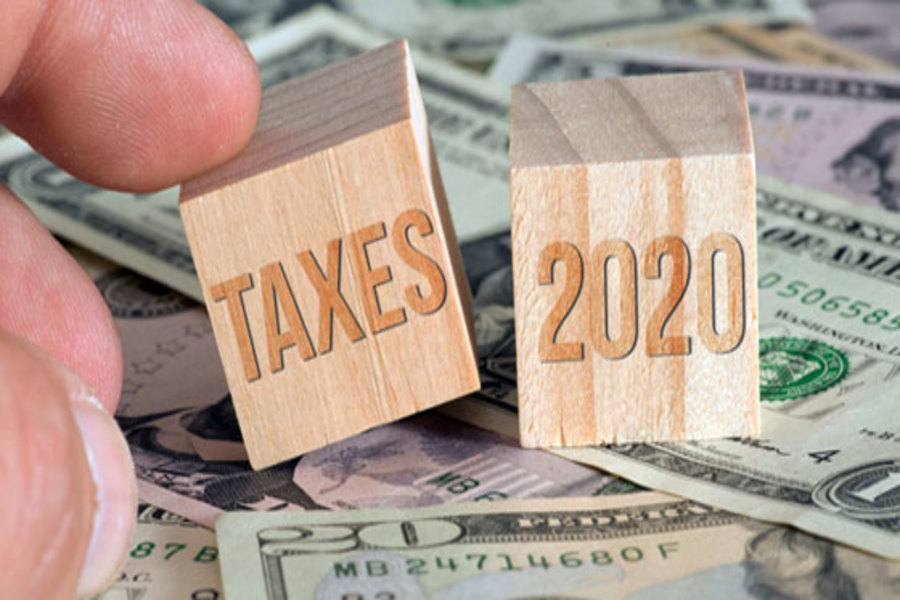With the prospect that ordinarily tax deductible business expenses will still be deductible if they were paid for with forgiven PPP loan funds contained in the Coronavirus Response and Relief Supplemental Appropriations Act, 2021, attention turns to the California treatment of same. The answer is that California currently does not conform to the federal amendment to this law contained in the new stimulus bill. As such, business expenditures paid for with forgiven PPP loan funds must be reversed for California tax purposes. The source of this position is California AB 1577 which states that any deductions for expenses paid with forgiven PPP loan funds are specifically non-deductible. (This is Blog Post #943) ...

California has begun their mandate of employer participation in the CalSavers Program. The program's 3-year phase-in is as follows: Number of Employees: Registration Required by: >100 09/30/2020 >50 06/30/2021 >=5 06/30/2022 What is CalSavers? CalSavers is California’s new retirement savings program for workers in the private sector who do not currently have a way to save at work (i.e. the employer does not provide an employee retirement plan (EBP)). While "eligible employers" are required to make the Plan available, it is voluntary for employees. CalSavers operates similar to a Roth IRA. Plan is funded by employee savings (no employer fees or contributions). "Eligible Employers" must enroll all employees in a CalSavers account unless the employee formally opts-out. Employee participation is completely voluntary and they can opt-in or opt-out at any time. Plan is administered by...
S corporations can provide tax advantages over C corporations in the right circumstances. This is true if you expect that the business will incur losses in its early years because shareholders in a C corporation generally get no tax benefit from such losses. Conversely, as an S corporation shareholder, you can deduct your percentage share of these losses on your personal tax return to the extent of your basis in the stock and any loans you personally make to the entity. Losses that can’t be deducted because they exceed your basis are carried forward and can be deducted by you when there’s sufficient basis. Therefore, your ability to use losses that pass through from an S corporation depends on your basis in the corporation’s stock and debt....
Owners of closely held corporations are often interested in easily withdrawing money from their businesses at the lowest possible tax cost. The simplest way is to distribute cash as a dividend. However, a dividend distribution isn’t tax-efficient, since it’s taxable to you to the extent of your corporation’s “earnings and profits.” And it’s not deductible by the corporation. Fortunately, there are several alternative methods that may allow you to withdraw cash from a corporation while avoiding dividend treatment. Here are 5 ways to take cash out of your closely-held corporation to consider: Capital repayments. To the extent that you’ve capitalized the corporation with debt, including amounts that you’ve advanced to the business, the corporation can repay the debt without the repayment being treated as a...
Small business owners are well aware of the increasing cost of employee health care benefits. As a result, your business may be interested in providing some of these benefits through an employer-sponsored Health Savings Account (HSA). Or perhaps you already have an HSA. It’s a good time to review how these accounts work since the IRS recently announced the relevant inflation-adjusted amounts for 2021. The basics of HSAs For eligible individuals, HSAs offer a tax-advantaged way to set aside funds (or have their employers do so) to meet future medical needs. Here are the key tax benefits: Contributions that participants make to an HSA are deductible, within limits. Contributions that employers make aren’t taxed to participants. Earnings on the funds within an HSA aren’t taxed, so the...
If you own a business, you may wonder if you’re eligible to take the qualified business income (QBI) deduction. Sometimes this is referred to as the pass-through deduction or the §199A deduction. The QBI deduction: Is available to owners of sole proprietorships, single member limited liability companies (LLCs), partnerships, and S corporations, as well as trusts and estates. Is intended to reduce the tax rate on QBI to a rate that’s closer to the corporate tax rate. Is taken “below the line.” In other words, it reduces your taxable income but not your adjusted gross income. Is available regardless of whether you itemize deductions or take the standard deduction. Taxpayers other than corporations may be entitled to a deduction of up to 20% of their QBI. For...
Unfortunately, the COVID-19 pandemic has forced many businesses to shut down. If this is your situation, we’re here to assist you in any way we can, including taking care of the various tax responsibilities of COVID-closed businesses that must be met. Of course, a business must file a final income tax return and some other related forms for the year it closes. The type of return to be filed depends on the type of business you have. Here’s a rundown of the basic requirements. Sole Proprietorships. You’ll need to file the usual Schedule C, “Profit or Loss from Business,” with your individual return for the year you close the business. You may also need to report self-employment tax. Partnerships. A partnership must file Form 1065, “U.S. Return of...
Timing of Non-Deductibility of Forgiven PPP Loan-Funded Expenditures In guidance issued on 11/18/2020, the IRS has made it clear that taxpayers with a "reasonable expectation" that their Paycheck Protection Program (PPP) loan will be forgiven may not deduct expenditures that were paid with the proceeds of those loans, even if the actual forgiveness has not yet been granted prior to the end of the taxable year (Revenue Ruling 2020-27). In this Revenue Ruling, the IRS states that, because the calculation of forgiveness is based on eligible expenses that were paid with PPP funds, the forgiveness of the loan amounts used for these eligible expenses is "reasonably expected to occur", and therefore, under §265, claiming tax deductions for such eligible expenses would be not be appropriate. In a...
If you recently launched a business, you may want to set up a tax-favored retirement plan for yourself and your employees. There are several types of qualified plans that are eligible for these tax advantages: A current deduction from income to the employer for contributions to the plan, Tax-free buildup of the value of plan investments, and The deferral of income (augmented by investment earnings) to employees until funds are distributed. There are two basic types of plans. Defined benefit pension plans A defined benefit plan provides for a fixed benefit in retirement, based generally upon years of service and compensation. While defined benefit plans generally pay benefits in the form of an annuity (for example, over the life of the participant, or joint lives of the participant...
The California Legislature passed, and the governor signed, Senate Bill 1447 (click here for FTB Bill Analysis) into law creating a new small business hiring credit (SBHC) for small businesses impacted by economic disturbances in 2020. The Small Business Hiring Credit is also referred to as the “Main Street Hiring Credit”. Overview Taxpayers can use the credit against income taxes (personal income tax, corporation franchise or income taxes), or can make an irrevocable election to apply the credit against sales and use taxes. The credit is equal to $1,000 for each net increase in "Qualified Employees" (as outlined below), as measured in monthly full-time employee equivalents (FTEs). The total amount of credit for each employer cannot exceed $100,000. Taxpayers must get a tentative credit reservation from the California...











